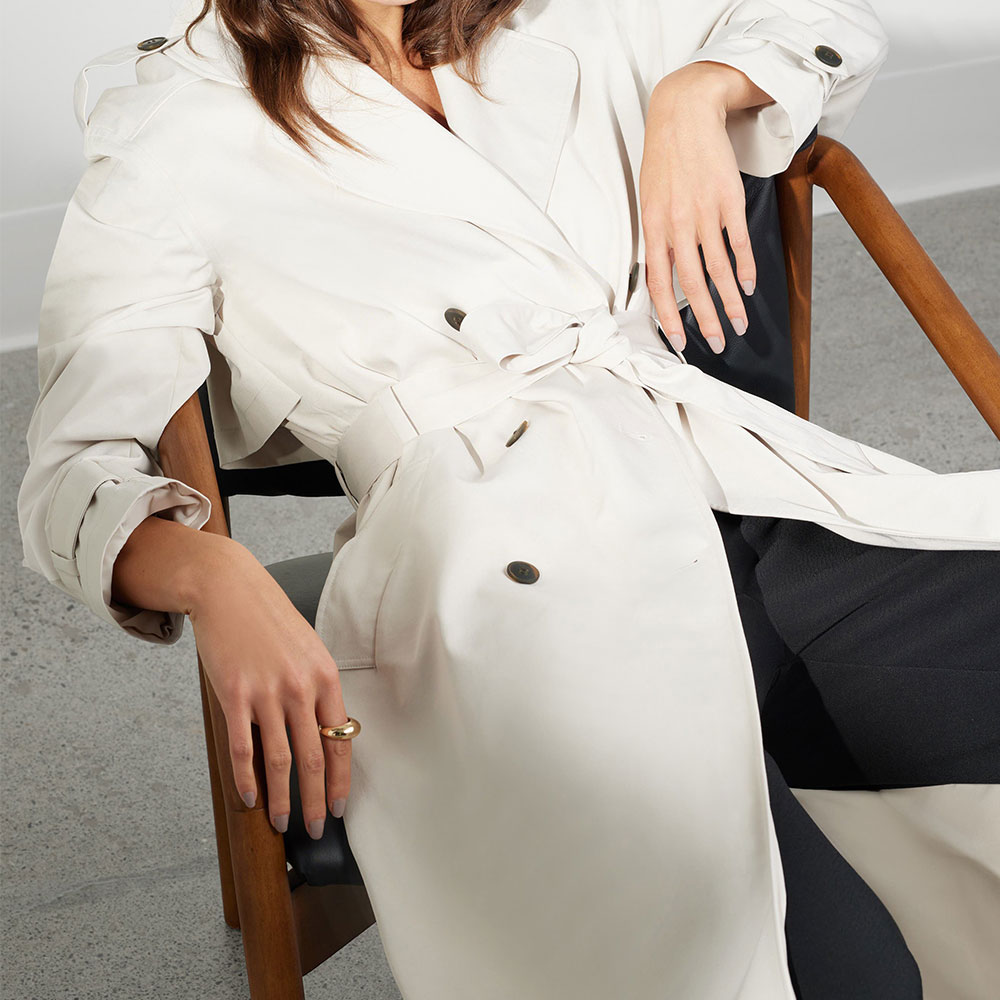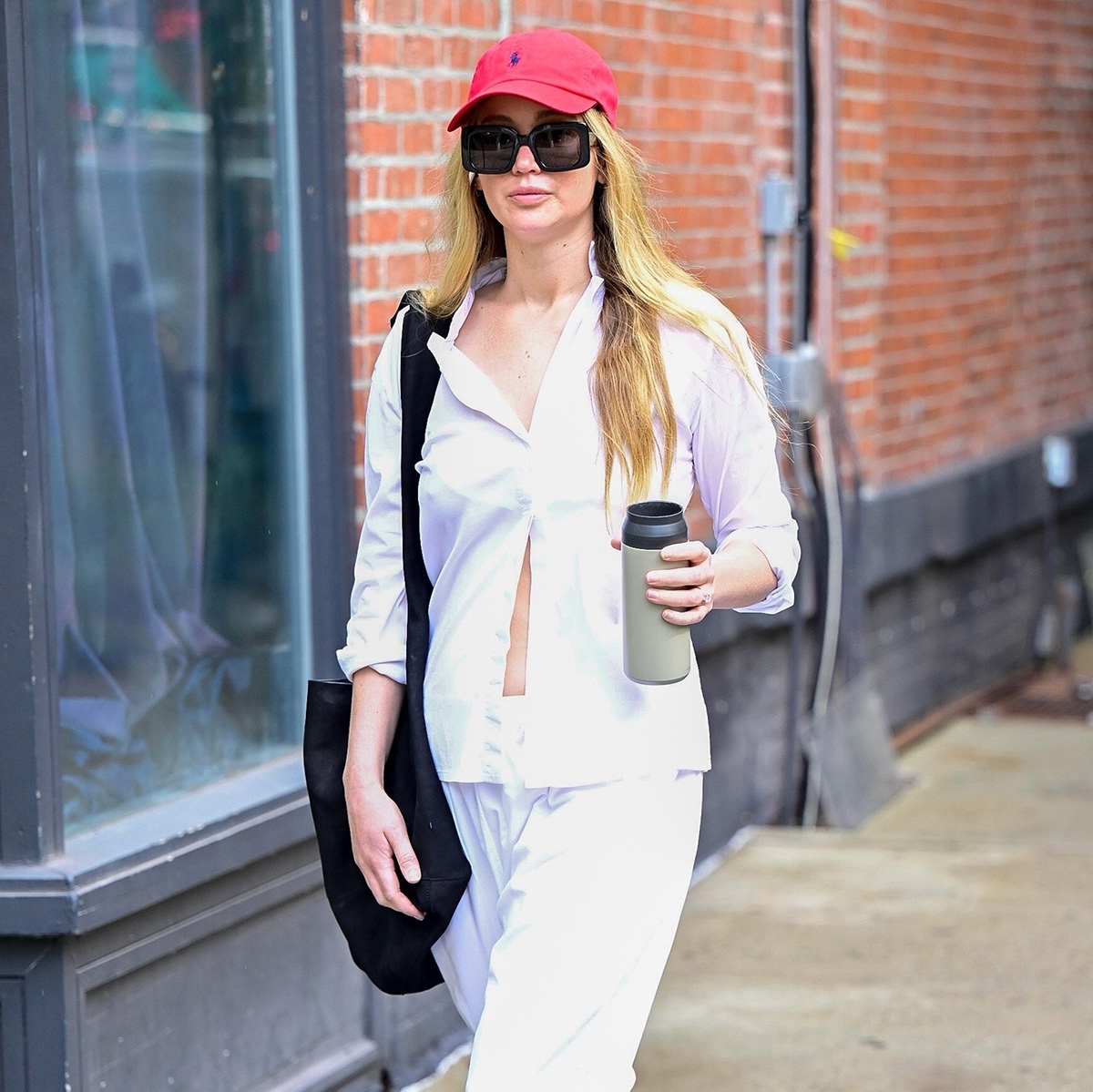Zerina Akers Shares How She Made the Transition From Stylist to Costume Designer
Sponsor Content Created With Valentino
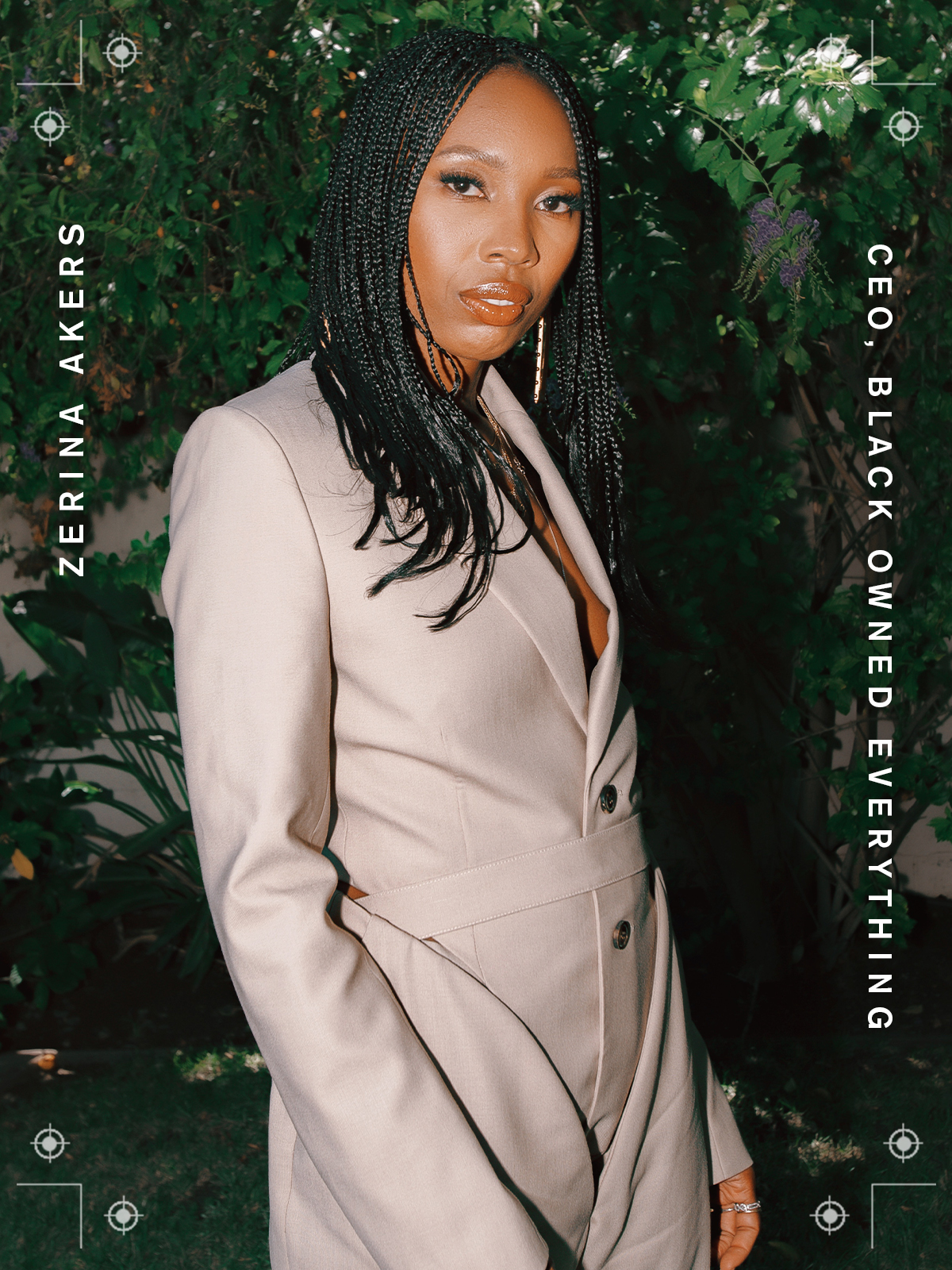
Welcome to our podcast, Who What Wear With Hillary Kerr. Think of it as your direct line to the designers, stylists, beauty experts, editors, and tastemakers who are shaping the fashion-and-beauty world. Subscribe to Who What Wear With Hillary Kerr on Apple Podcasts and Spotify.
Emmy Award–winning costumer designer and stylist Zerina Akers has a stacked résumé. She became a household name by architecting iconic looks for famous faces such as Megan Thee Stallion, Chloe x Halle, and Michaela Coel, just to name a few. However, Akers is most known for her work with Beyoncé, including her role as the costumer designer for Beyoncé's film on Disney+ Black Is King.
Beyond her work as a stylist and costume designer, Akers founded Black Owned Everything, an e-commerce marketplace that seeks to amplify and empower a community of brands to reach diverse and engaged audiences.
Listen to Akers share how she made the transition from working as a stylist to winning an Emmy for her work on Black Is King, how she approaches storytelling through costume design, and the power of saying no in the latest episode of Who What Wear With Hillary Kerr.
For some excerpts from her interview, scroll below.
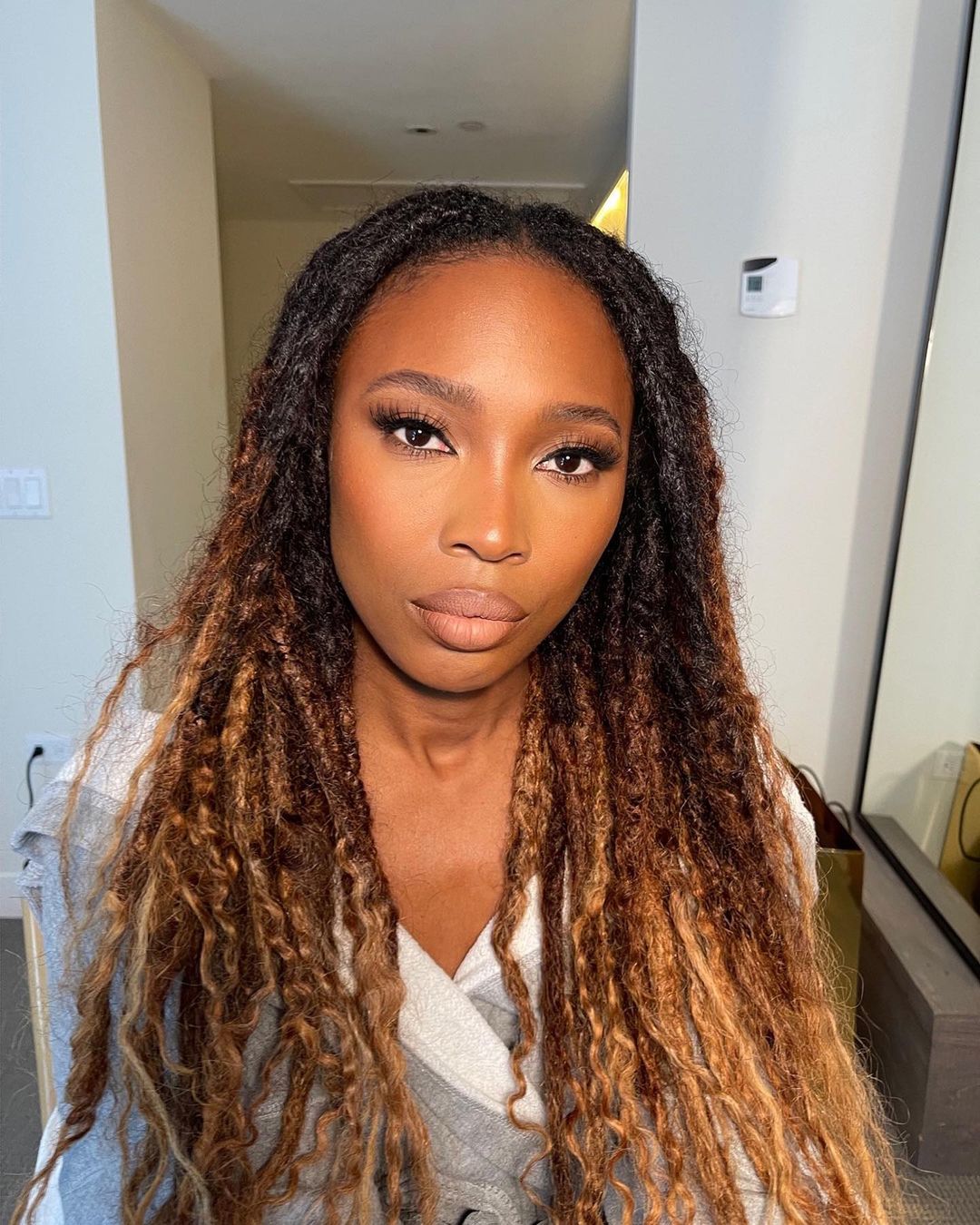
In addition to the fact that you work as an incredible stylist and entrepreneur, you also added costume designer to your résumé in 2020. How is styling different from costume design? I think that a lot of folks think they're quite similar, but they're not always right.
It's very different, and I'm still learning. It's bizarre because I've now won this Emmy, but it's such a new space. Black Is King ushered me into that new space. Working on it was a different experience than many people would think. Everything just didn't stop. We were in New York, we were in L.A. We knew we were initially just going to do these one-minute clips for each song to kind of promo the album. Then it turned into, "Okay, now we're doing a film. We're doing a video for each song." All I knew was that each time that woman stepped out of that trailer, I wanted someone to go Ooh.
I think in hindsight, I probably would have scaled back at some point. I was just in the moment, moment by moment, wanting it to be decadent. Wanting her to feel special and for it to connect culturally and for it to just feel really beautiful.
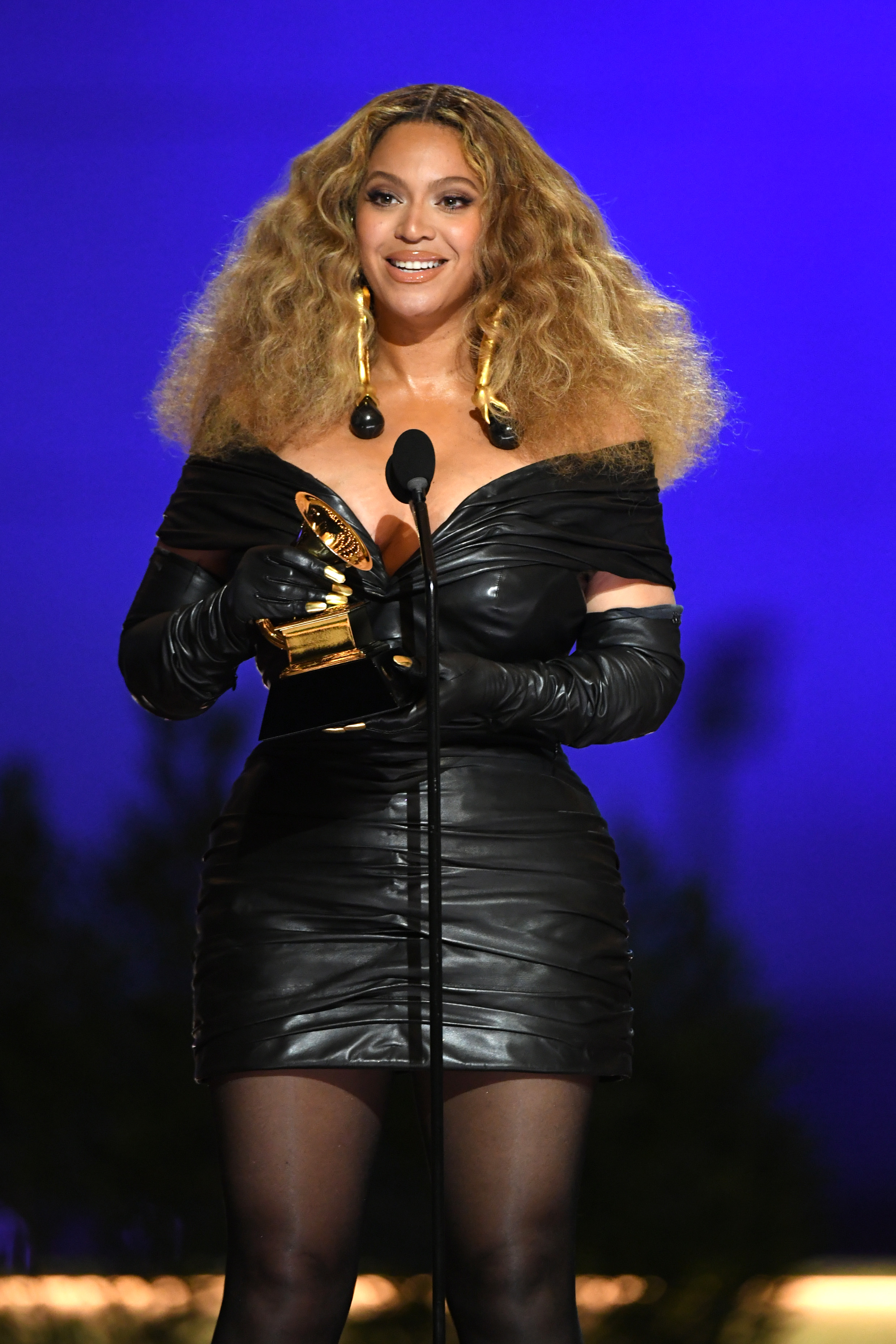
You worked with everyone from Valentino to up-and-coming designers from across Africa [for Black Is King]. How do you decide who to work with, and how do you approach storytelling through costume?
These threads of authenticity are always important. I don't like to reference too much, which is kind of a good thing, kind of a bad thing. I don't want it to be necessarily historically accurate, per se. I feel like stylists and creators get caught up in reference photos. It's like, "Okay, well then at what point do we have something new? Why do I have to show you something that exists in order for us to create something new?"
So allowing myself the freedom of it just being. But it was important for me to use the natural elements. Use the elements that I found in different cultures that were true and unique to those cultures.
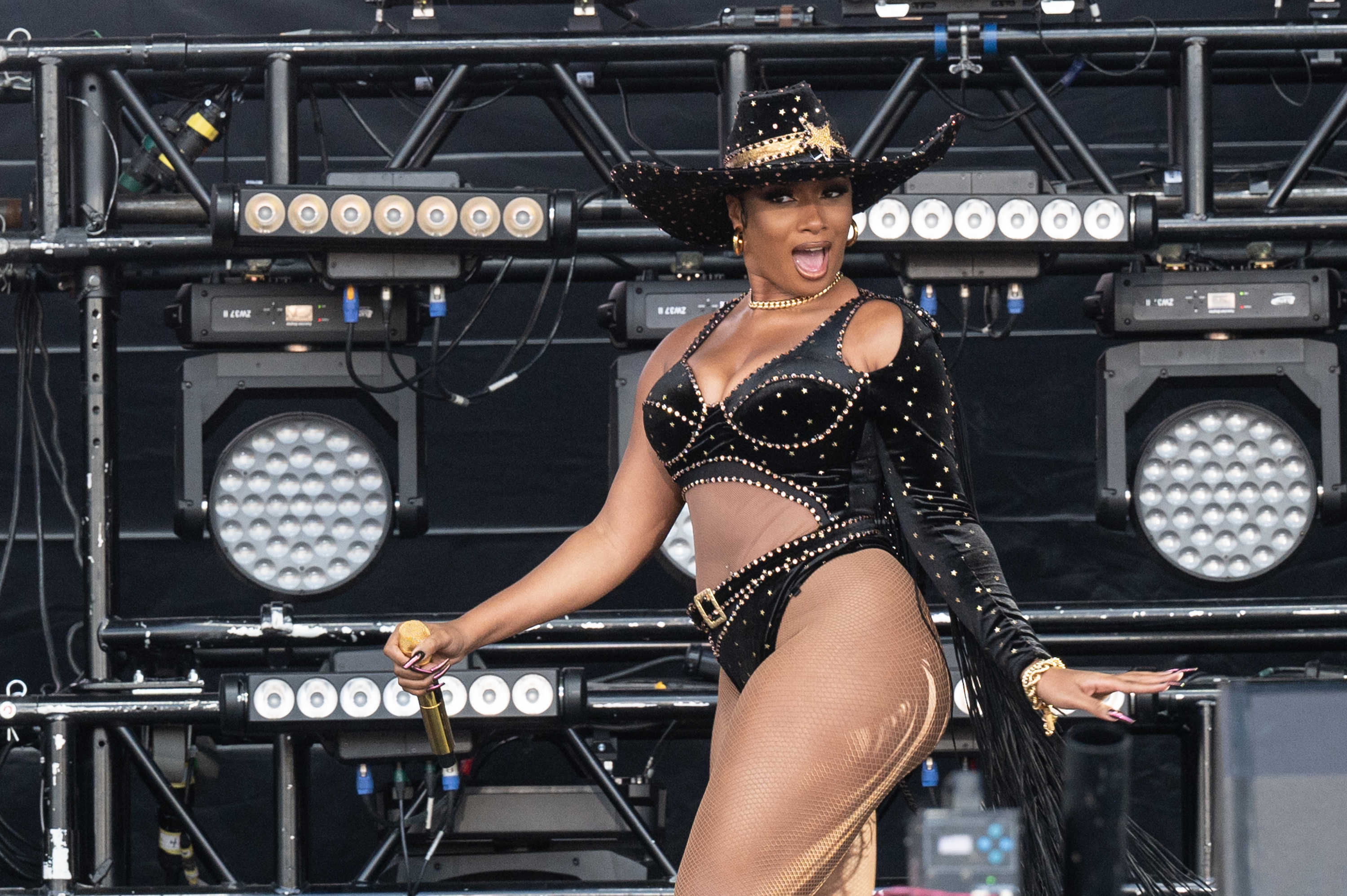
How do you know who to work with? How do you know it's going to be the right fit? How do you know that you're going to collaborate well with someone? Because it's such an intimate and personal relationship.
I'm just learning that as well. To be honest, I went through about two, maybe three years where I didn't say no to anything. Big or small. If I was scared to do it, I still said yes, and it worked out. If I didn't think I had time to do it. I still said yes, and it worked out.
Now, I'm in this new space where it's like, "What do I want to do? What's gonna really benefit?" Someone asked me the other day, "Who is your dream person to work with?" I didn't have an answer. I don't really dream of working with people anymore. I want to create things that are bigger than that. I do want to go into film and be a student of that and costume design and really learn that new world.
I'm just now learning how to say no. My schedule forces me to do that, so it kind of helps me. I've just been turning things down, but more so because I'm realizing that a lot of things have taken away from the things that are important to me or the things that I own. So you can take all that time and pour it into someone else's project or you can pour it into your own projects and into yourself. I've been wanting to recently make more time for those things, creating meaningful content, which takes time.
I'm learning how to create boundaries now and really go into things that serve a greater purpose.
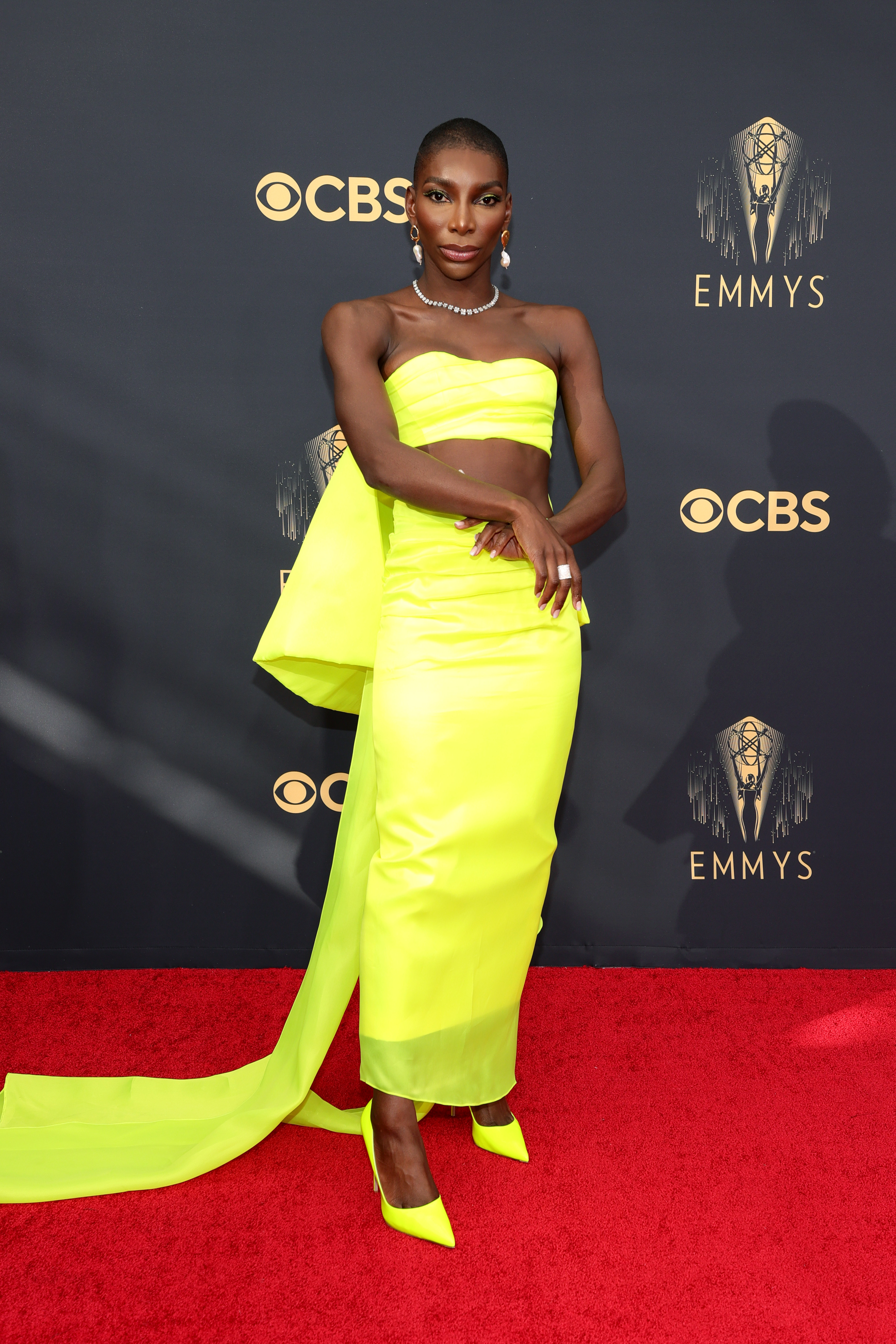
This interview has been edited and condensed for clarity. Next up, check out our previous episode featuring the founder of The Pattern, Lisa Donovan.
-
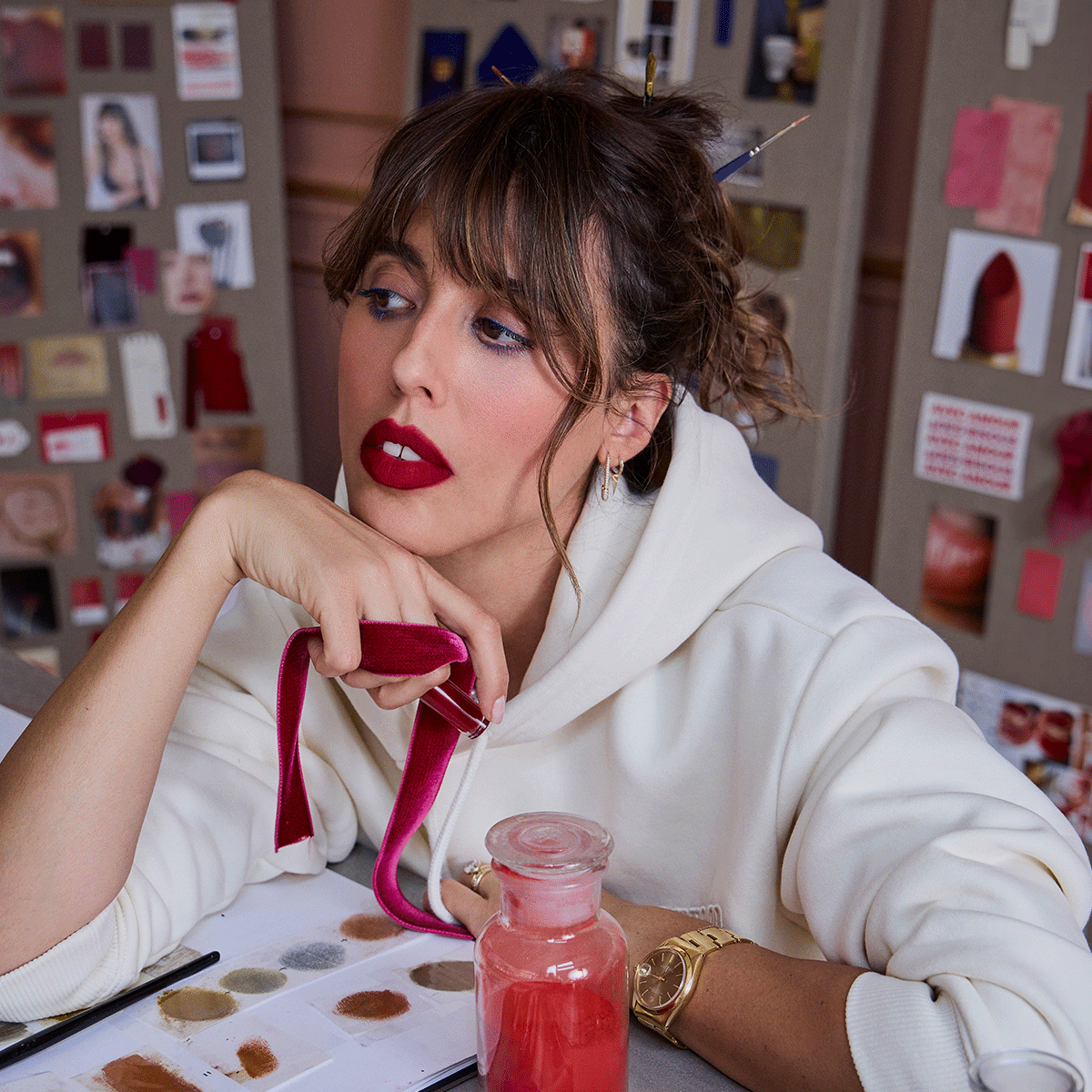 Founder Violette Serrat on How Violette_FR Went From Having a Cult Following to Launching in Sephora
Founder Violette Serrat on How Violette_FR Went From Having a Cult Following to Launching in SephoraSchool is in session.
By Madeline Hill
-
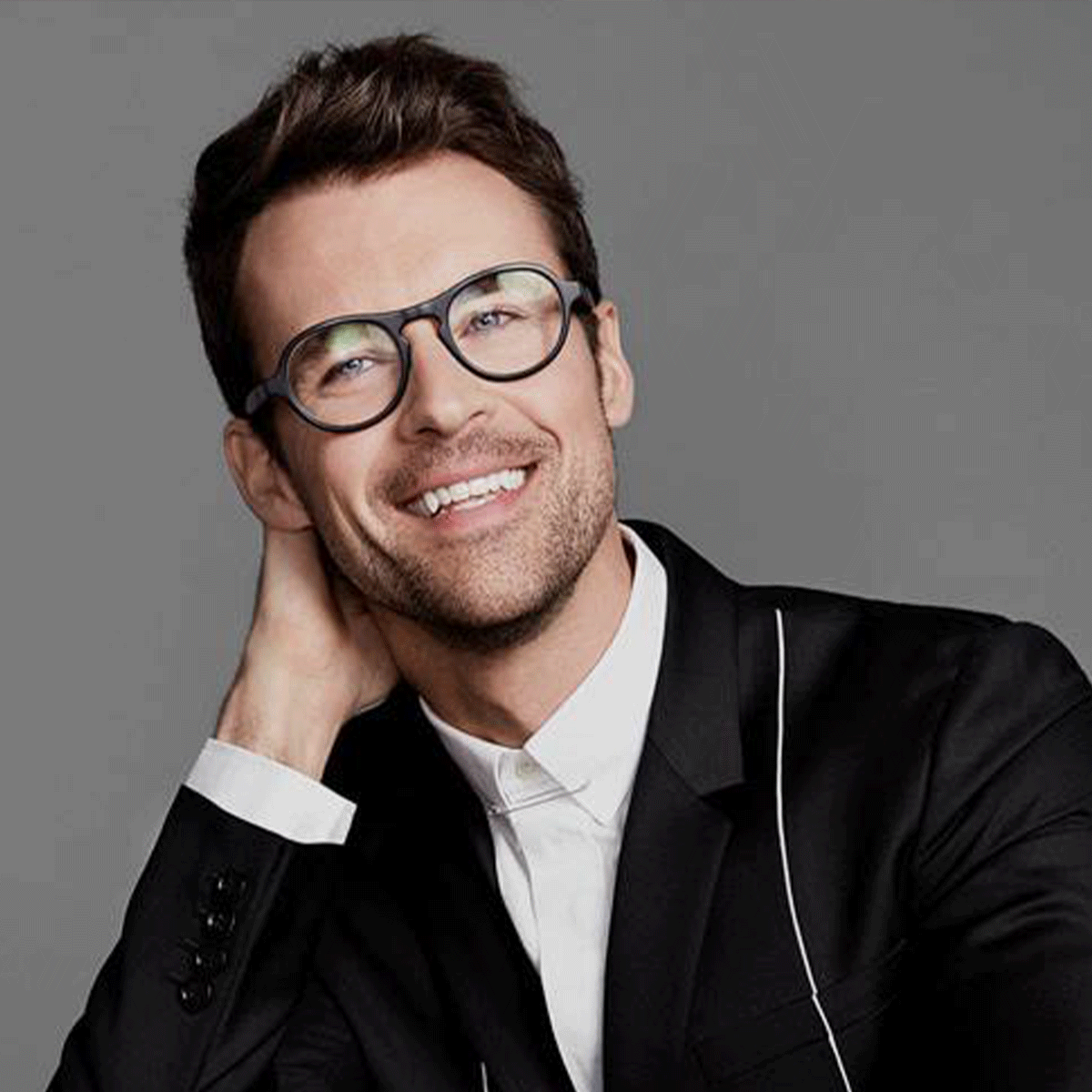 Stylist Brad Goreski on His Whirlwind Year of Red Carpet Looks for Demi Moore
Stylist Brad Goreski on His Whirlwind Year of Red Carpet Looks for Demi MoorePlus, how he brought body horror to the red carpet.
By Claire Schmidt
-
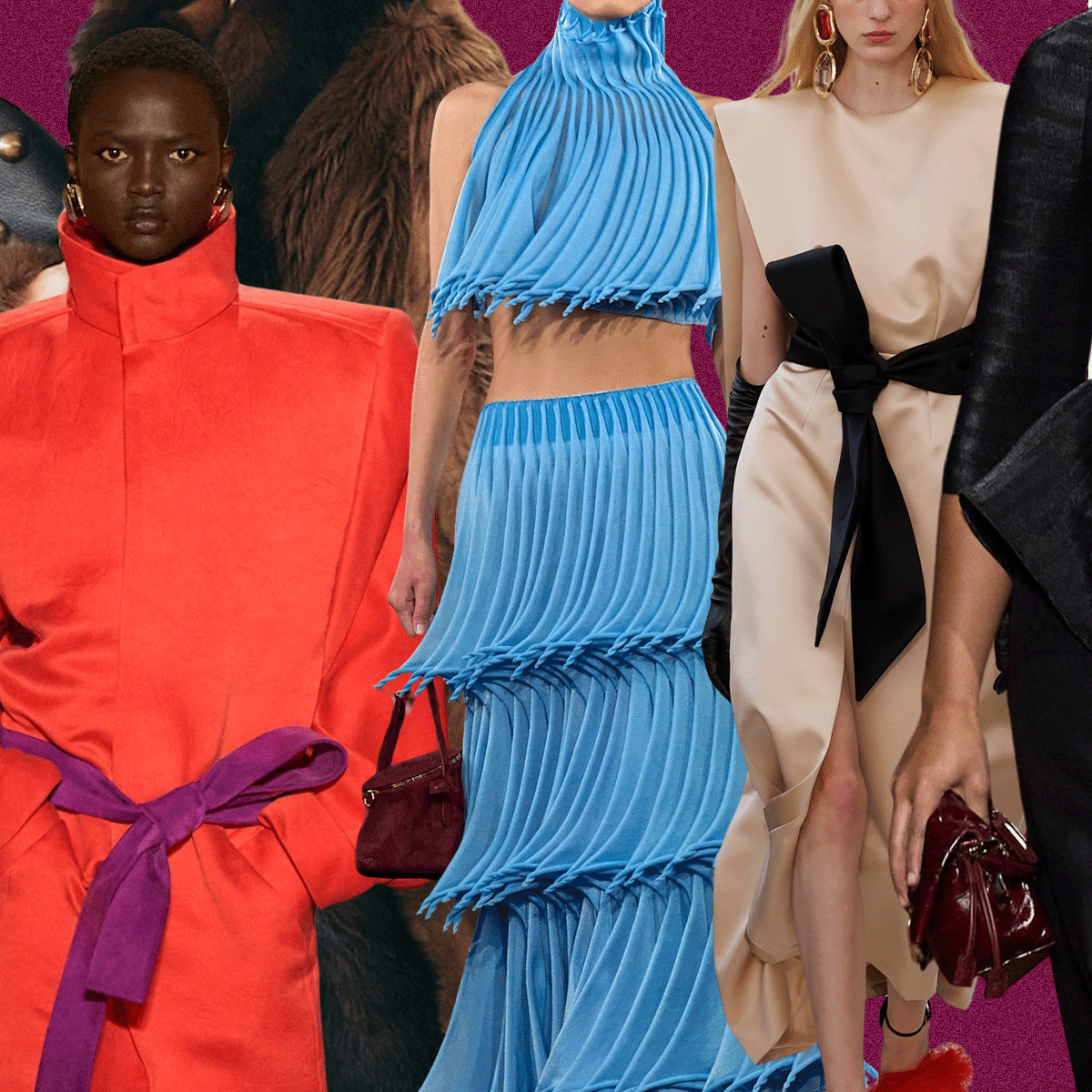 The Top Trends From Fashion Month, According to Our Editors
The Top Trends From Fashion Month, According to Our EditorsThere's a lot to keep track of.
By Madeline Hill
-
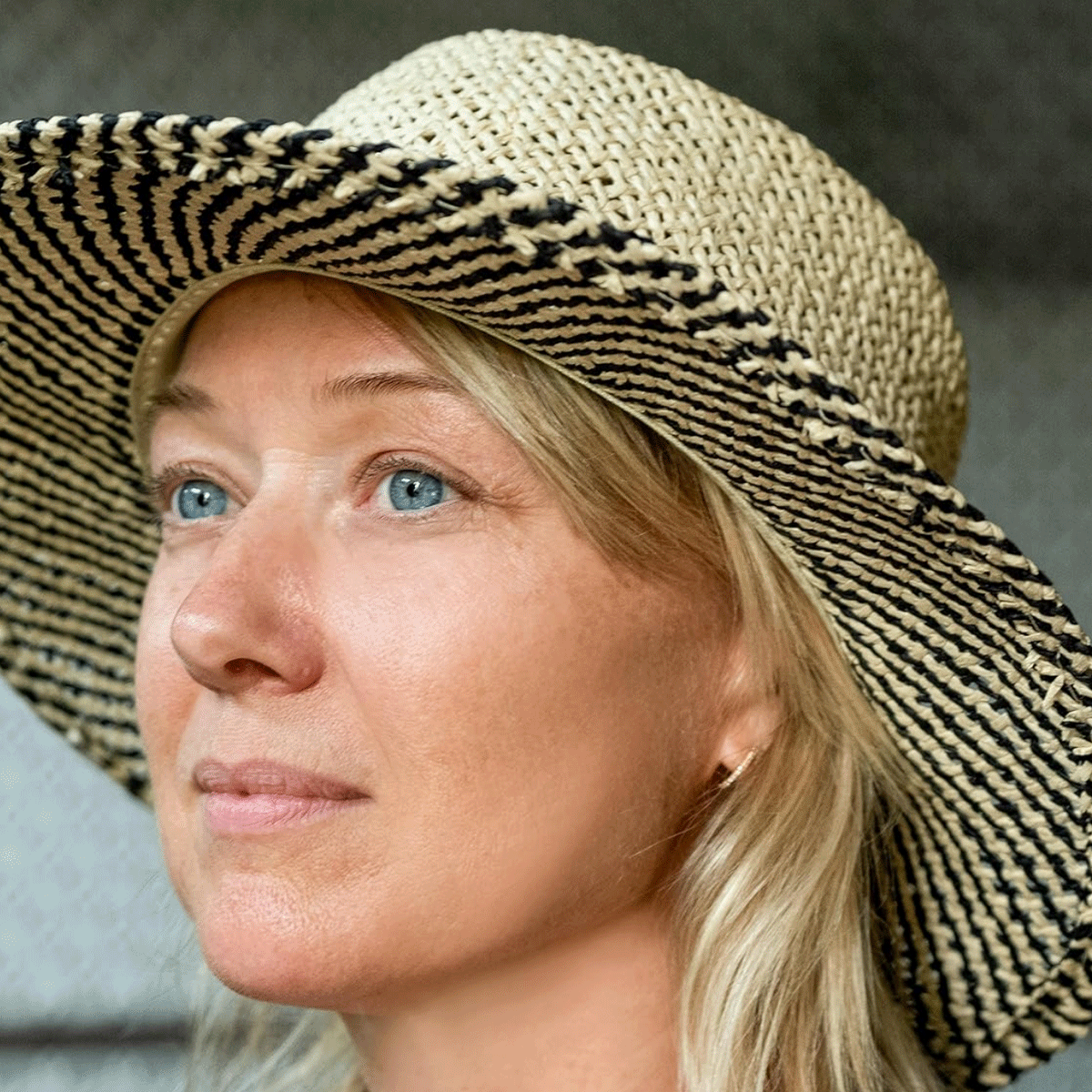 The White Lotus Costume Designer Shares How She Puts Together Those Iconic Looks
The White Lotus Costume Designer Shares How She Puts Together Those Iconic LooksPlus, how she got her start in entertainment.
By Madeline Hill
-
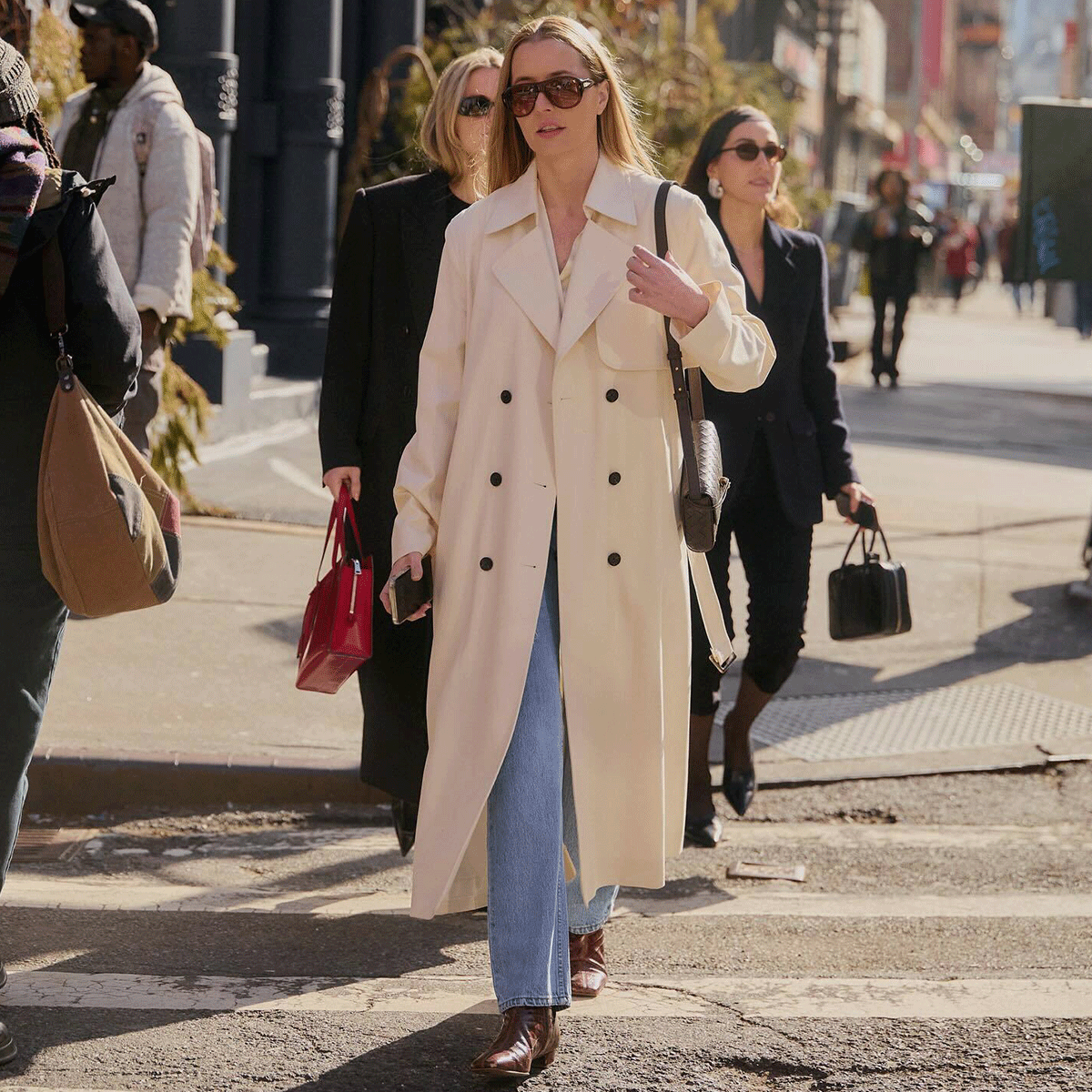 Our Editor Shares Her 2025 Spring Fashion Predictions
Our Editor Shares Her 2025 Spring Fashion PredictionsPlus, the items you can incorporate into your rotation.
By Madeline Hill
-
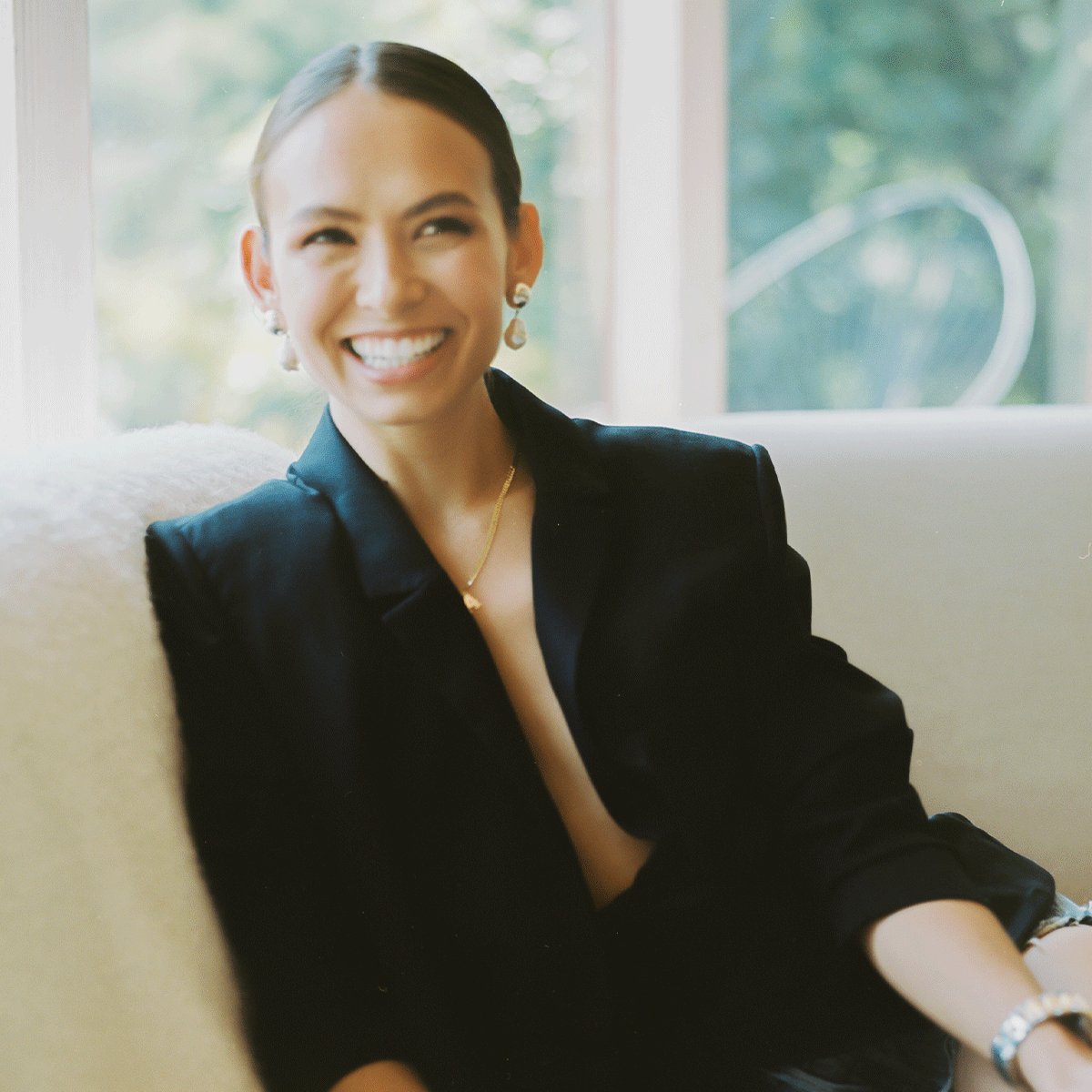 Why Sporty & Rich Founder Emily Oberg Is Launching a Sexual Wellness Line
Why Sporty & Rich Founder Emily Oberg Is Launching a Sexual Wellness LineIt's time for something new.
By Madeline Hill
-
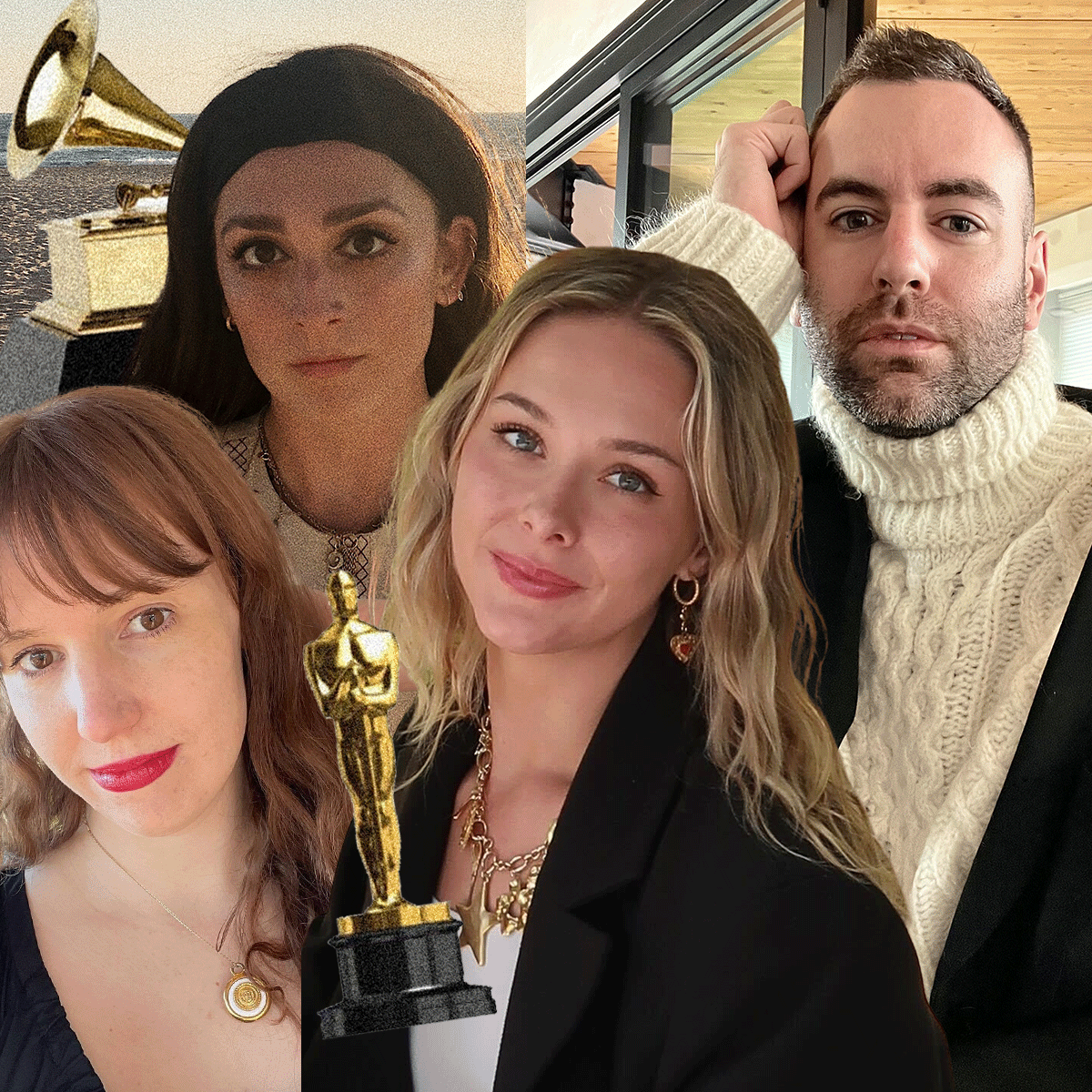 An Award-Season Debrief With Our Editors, From Trends to Top Looks
An Award-Season Debrief With Our Editors, From Trends to Top LooksPlus, we discuss the stylists who've been at the top of their game all season long.
By Claire Schmidt
-
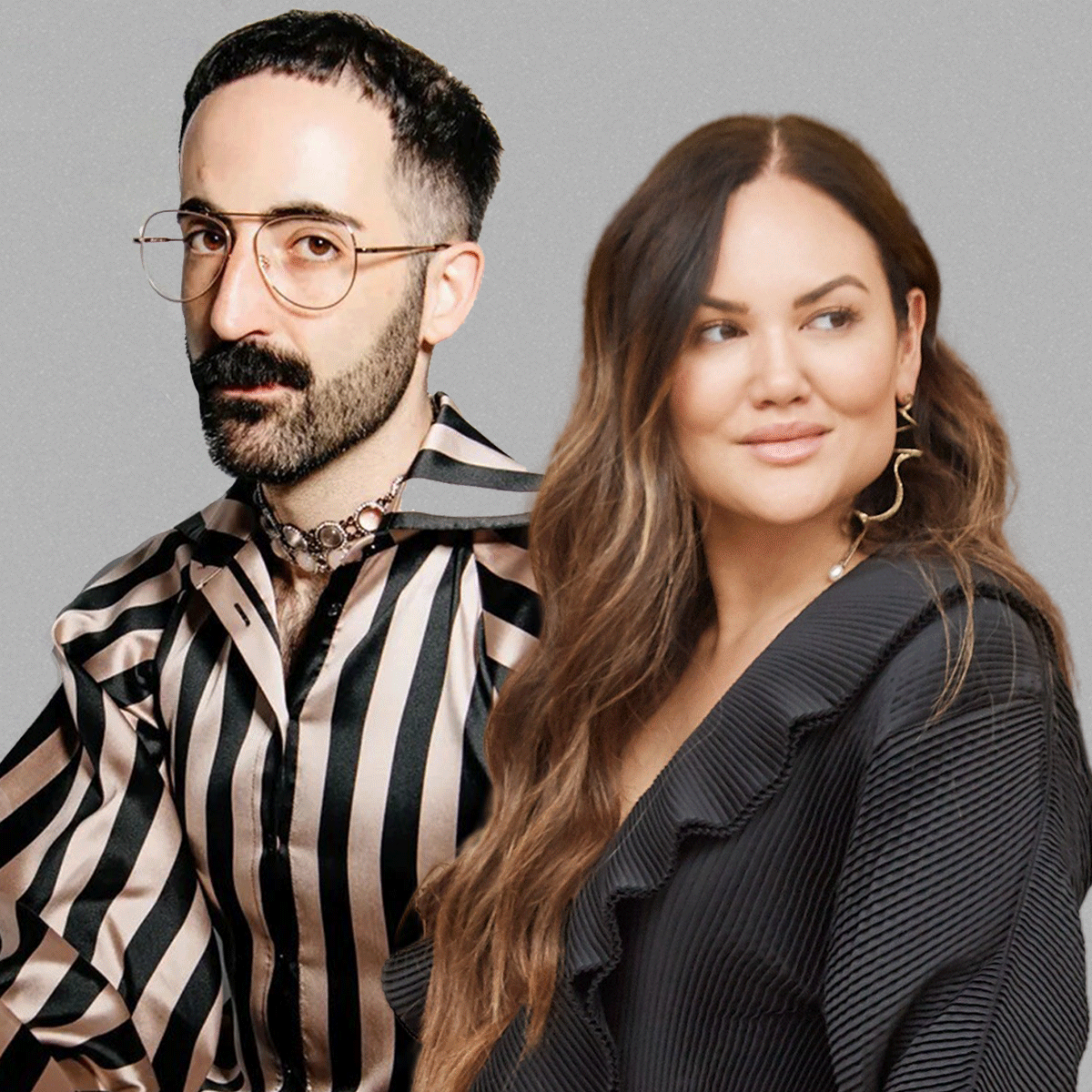 2025 Bridal Predictions From the Minds Behind Wiederhoeft and LOHO Bride
2025 Bridal Predictions From the Minds Behind Wiederhoeft and LOHO BrideMaximalism is in.
By Madeline Hill
